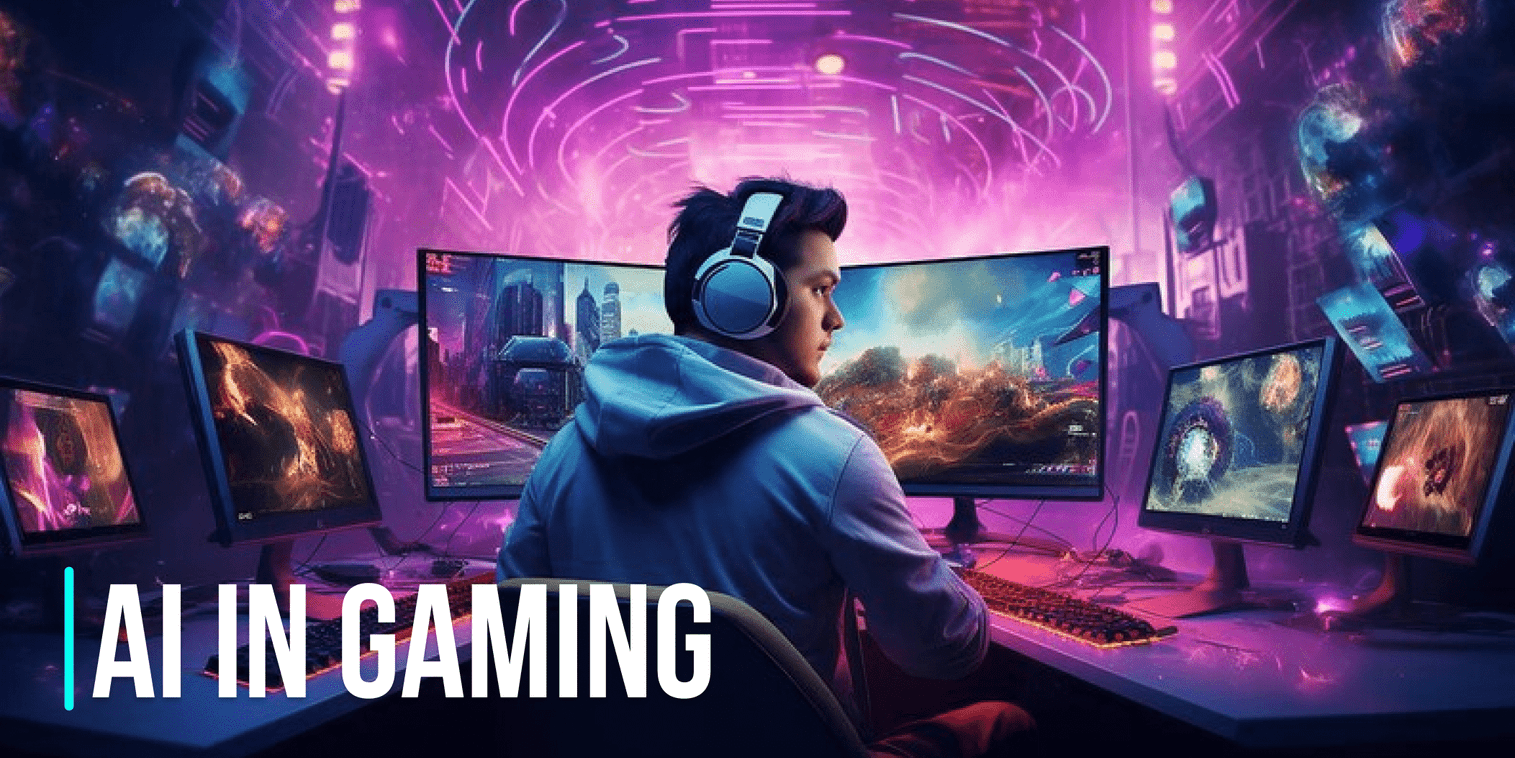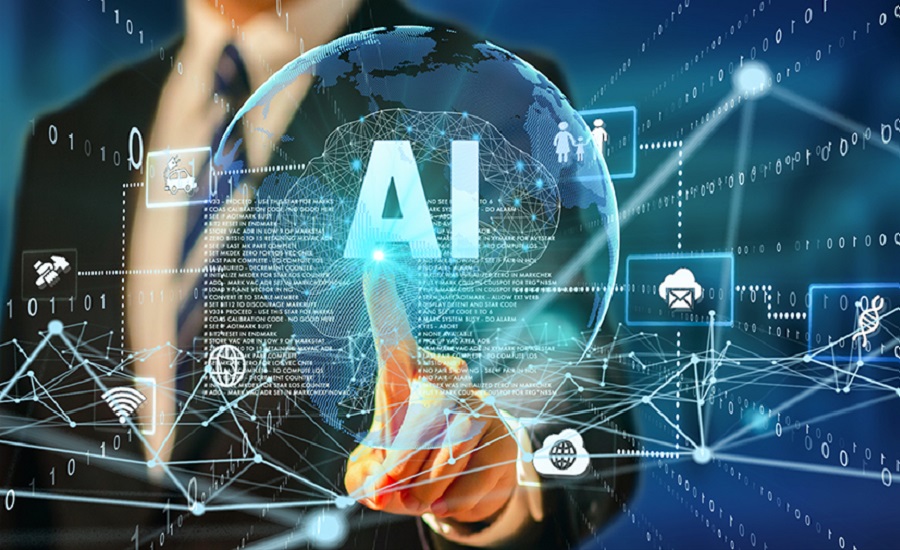Future of Work: How Generative AI Is Transforming Jobs and Skills
Introduction
Future of Work: The world of work is changing fast. Just a few years ago, most of us could not imagine asking a computer to write a story, design a logo, or even help with business decisions. Today, thanks to generative AI, these things are not only possible, they are becoming normal.
Tools like ChatGPT, Mid-journey, and Sera are no longer just for tech experts. They are being used by students, teachers, marketers, doctors, and business owners around the world. In this article, we will explore how generative AI is transforming jobs, what new skills are needed, and how you can prepare for the future of work.
What Is Generative AI?
Future of Work: Generative AI is a smart technology that can actually produce original things on its own. It can write articles, design pictures, create music, build apps, and even help with coding tasks just like a creative assistant.
Unlike traditional AI, which is rule-based and limited to analyzing data, generative AI actually creates. It learns from massive amounts of information and then uses that knowledge to produce something new that looks and feels like it came from a human.
Popular examples include:
ChatGPT (writes content, answers questions)
Mid-journey/ALL·E (generates images and art)
Era (AI video creation)
GitHub Copilot (assists in writing code)
How Generative AI Is Changing Jobs
-
Automation of Repetitive Tasks
In the past, automation mostly affected factory work. But now, even white-collar tasks like writing reports, creating presentations, or analyzing data are being automated. Write emails Create blog posts Summarize long documents Generate customer support responses Build simple websites ores or apps.
This means many workers can save time on boring, repetitive tasks and focus more on creative or strategic thinking.
-
New Job Roles Are Emerging
With AI becoming part of daily life, new roles are appearing. Some of them include:
Prompt Engineer – Someone who knows how to talk to AI tools to get the best results.
AI Content Editor – Checks and edits AI-generated content to ensure it is accurate and human-friendly.
AI Trainer – Helps train AI systems by feeding them data and correcting their outputs.
Ethical AI Adviser – Ensures AI tools are used fairly, safely, and without bias.
-
Creative Jobs are being enhanced.
Many people feared that AI would kill creative jobs. But in reality, it is giving creatives superpowers. For example, writers use AI to brainstorm ideas, generate first drafts, or even translate their content.
Designers use AI to create prototypes, generate colour palettes, or enhance photos.
Musicians are experimenting with AI to compose background tracks or mix songs.
Future of Work
-
Business and Marketing Transformation
In business, AI is helping teams move faster. Marketing professionals use it to writer product descriptions.
Generate ad copy.
Personalize customer emails.
Analyze customer feedback.
Small businesses are especially benefiting. A single person can now do the work of a team with the help of a few smart AI tools.
What Skills Are Becoming Important
The rise of generative AI does not mean skills are less important—it means different skills are now in demand.
Future of Work
-
AI Literacy:Future of Work
Knowing how to use AI tools is becoming a basic skill, just like using email or Google. This includes:
Understanding how AI works;
Knowing its strengths and limits;
Being able to use tools like ChatGPT, Canvas AI, or Jasper
-
Prompt Writing:Future of Work
Future of Work: The better your input (prompt), the better the AI output. That is why “prompt engineering” is now a valuable skill. This includes:
Being clear and specific;
Using examples;
Asking the AI to improve or revise answers;
-
Critical Thinking:Future of Work
Future of Work: Just because AI says something does not mean it is always right.
Check facts;
analyze results;
Add your own thinking and creativity
-
Emotional Intelligence:Future of Work
Future of Work: AI does not have feelings. But people do. Human-centered skills like empathy, leadership, and communication are now more important than ever—especially in roles where people work with other people.
How to Prepare for the Future
No one can predict the future perfectly, but here are a few ways you can prepare:
✅ Learn AI Tools Now
Try free tools like ChatGPT or Canvas AI. Use them in small tasks to understand how they work.
✅ Focus on Human Skills
Improve your communication, creativity, problem-solving, and teamwork.
✅ Stay Curious and Keep Learning
Technology changes fast. Follow blogs, join communities, and take online courses to stay updated.
✅ Do not Fear AI—Collaborate With It
The people who succeed most will be the ones who learn to work with AI, not fight against it.
Real-Life Example: A Freelancer’s Story
Ali, a freelance content writer from Lahore, used to write 4 blog posts a week manually. Now, with AI support, he creates outlines using ChatGPT, edits drafts faster, and even translates content for international clients. Instead of losing work, he is earning more—and spending less time doing it.
His secret: He did not try to compete with AI. He learned how to use it.
Final Thoughts:Future of Work
The future of work is already here, and it is powered by generative AI.
Whether you are a student, employee, freelancer, or business owner, the message is clear: adapt, learn, and grow. The tools are in your hands. What you do with them will shape your future.
So, are you ready to work with AI
✅ FAQs
Q: Will AI take my job
A: Not all jobs, but some tasks may be automated. The best strategy is to learn how to use AI tools in your field.
Is coding a must to work with AI?
A: No! Many tools today are no-code or low-code. You can start with basic tools like ChatGPT or Canvas.
Q: Is AI safe to use?
A: It depends on how you use it. Always double-check outputs, avoid sensitive data, and understand tool limitations.









Leave a comment